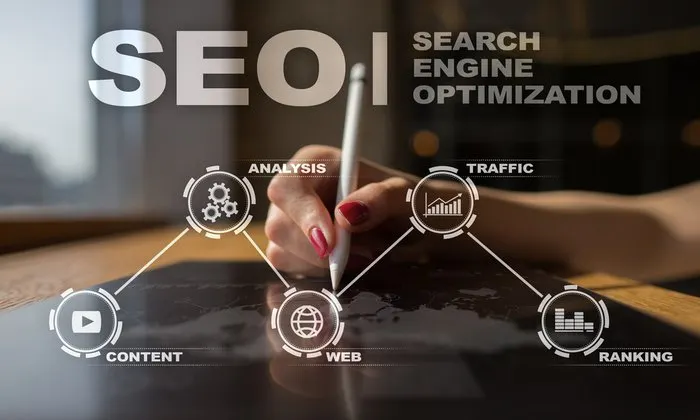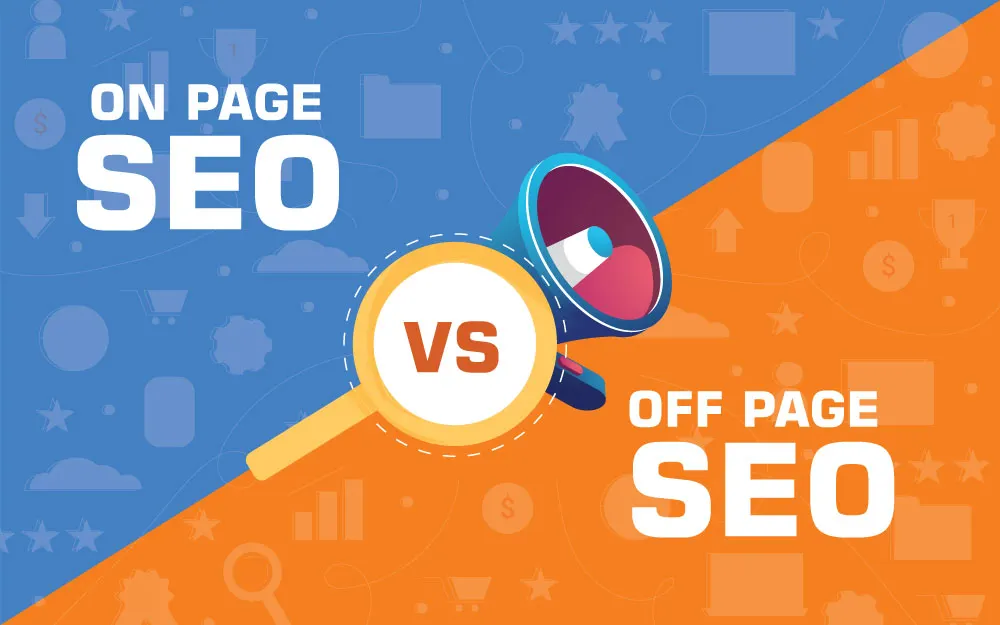SEO Best Practices: A Complete Guide to On-Page & Off-Page Optimization

SEO (Search Engine Optimization) is a powerful strategy designed to improve your website’s visibility and ranking in search engine results. Think of it like an essay competition, where your website competes for the top spot based on multiple factors. Just as judges in a competition evaluate entries for relevance, clear titles, logical flow, effective summaries, and readability, search engines assess websites using similar criteria.
For your website, these criteria include:
- Crafting clear and engaging titles
- Writing concise meta descriptions
- Using a logical content structure with header tags (H1-H6)
- Placing keywords strategically without overstuffing
- Ensuring responsive design across devices
- Optimizing site speed for better performance
Together, these elements form the backbone of effective SEO.
Search engines and even social media platforms constantly scan and index websites to deliver relevant results when users search for information. This indexing process directly influences how prominently your website appears in search results, which in turn affects your online visibility and traffic.
In short, SEO is not just about chasing higher rankings. It’s about making sure your website speaks the language of search engines while also connecting meaningfully with your target audience. By applying proven SEO principles, you can significantly increase your chances of being discovered, visited, and trusted by the right users.

SEO (Search Engine Optimization) can be broadly categorized into two main types:
- On-Page SEO
- Off-Page SEO.
On-Page SEO
On-Page SEO refers to optimizing individual web pages so they can rank higher in search engine results and attract the right audience. Think of it as building a strong foundation — without it, your website cannot achieve long-term visibility or performance.
Key areas to focus on include:
- Keywords: Use relevant phrases that your audience is likely to search for. Place them strategically in your content, titles, and headings. Avoid keyword stuffing — keep it natural (generally less than 10% of total words).html
<meta content="{keywords}" name="keywords" /> - Title Tags:Create compelling page titles that are 50–60 characters long to prevent truncation in search results.html
<title>{pageTitle}</title> <meta content="{pageTitle}" property="og:title" /> <meta content="{pageTitle}" name="twitter:title" /> - Meta Descriptions: Write a concise summary (155–160 characters) that describes your page’s content and includes primary keywords.html
<meta content="{description}" name="description" /> <meta content="{description}" property="og:description" /> <meta content="{description}" name="twitter:description" /> - URL Structure: Use descriptive, concise, and keyword-rich URLs that clearly represent the page content. Example:URL
https://website.com/how-to-rank-on-google
- Optimized Page Content: Use header tags (H1–H6) logically to structure content. Every page should have at least one H1 (main title) and one or more H2 tags (subheadings).
- Internal Linking: Connect your pages through relevant internal links to improve navigation, distribute link equity, and help search engines crawl your site more efficiently.
- Sitemaps Provide both HTML sitemaps (for users) and XML sitemaps (for search engines) to ensure efficient crawling and indexing.
Off-Page SEO
Off-Page SEO refers to all the activities that take place outside your website to improve its authority, trustworthiness, and credibility in the eyes of search engines. Think of it as building your online reputation - the stronger it is, the higher your chances of ranking well.
Key strategies include:
- Link Building: Earn quality backlinks from reputable websites. These act like “votes of confidence,” driving referral traffic and signaling authority to search engines.
- High-Quality Content: Produce valuable, shareable, and relevant content that naturally attracts links and encourages engagement across different platforms.
- Off-Site Engagement: Promote your website through social media, forums, and online communities to increase visibility, brand awareness, and audience trust.
- Duplicate Content Monitoring: Ensure your content is unique. Duplicate or plagiarized content can harm your credibility and negatively impact rankings.
- Guest Blogging & Articles: Contribute to external platforms, blogs, and publications to expand your reach, showcase expertise, and earn backlinks.
When combined with strong On-Page SEO, Off-Page SEO can significantly boost your website’s visibility, attract more organic traffic, and improve search engine rankings over time.